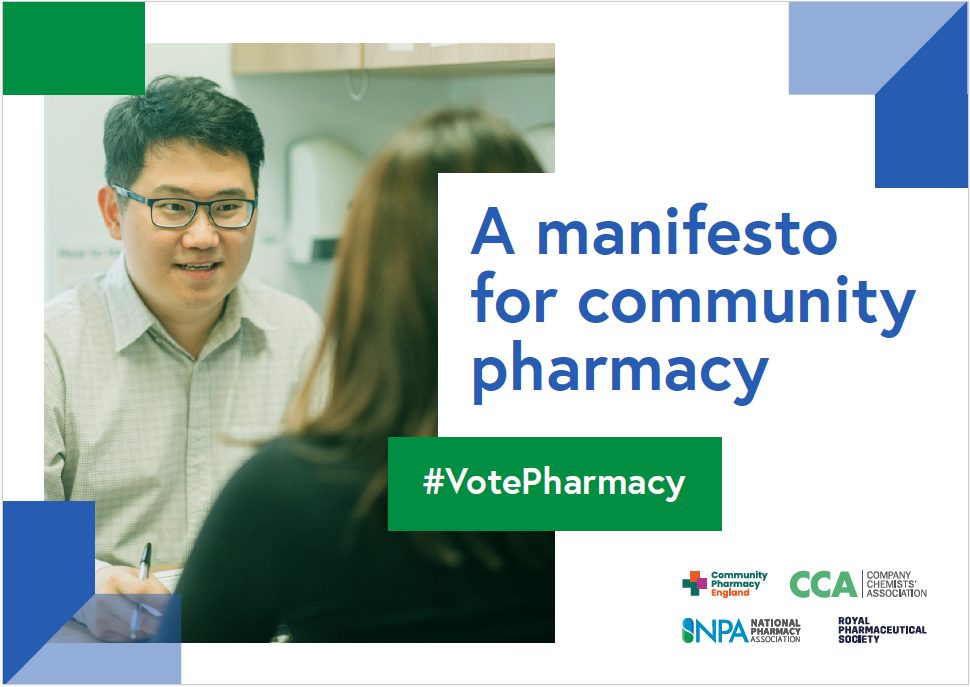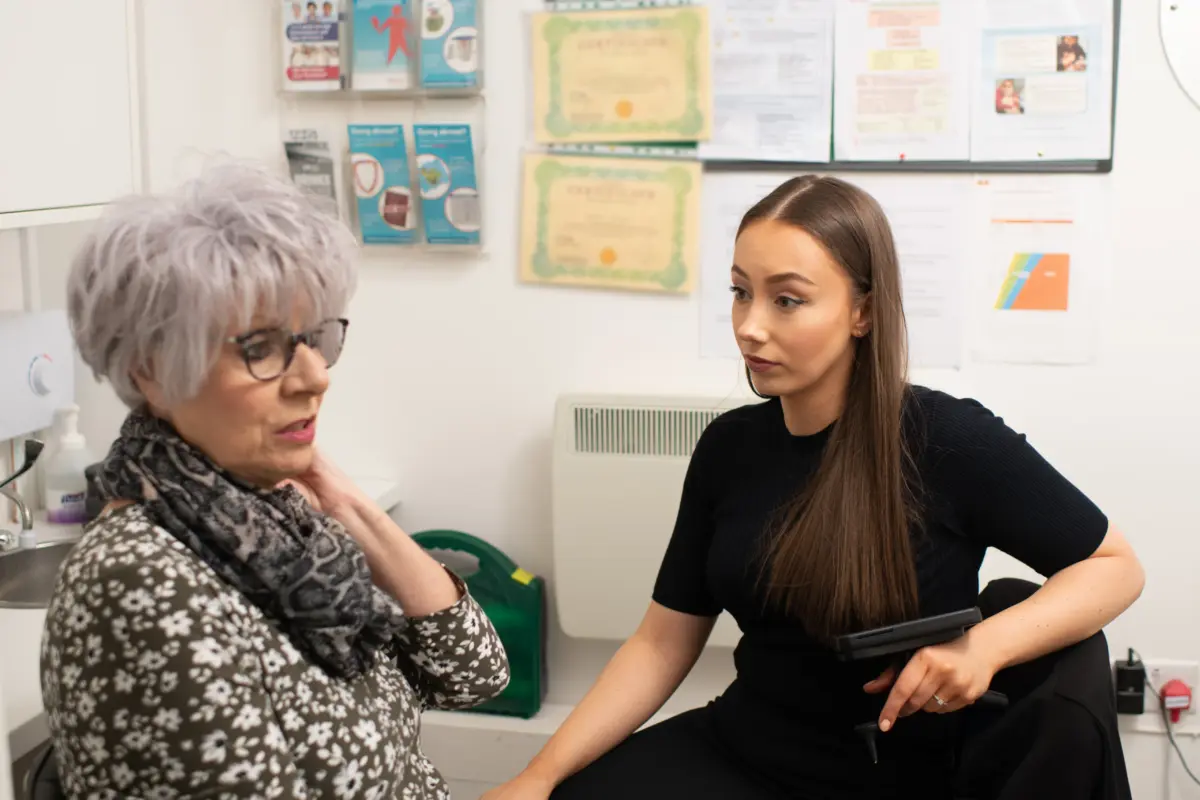Service case study: Community pharmacy teams in Leeds engage with patients with learning disabilities (April 2017)
Published on: 26th April 2017 | Updated on: 28th June 2022
Community Pharmacy West Yorkshire has published an interim evaluation of the Making Time service, which is aimed at improving health and lifestyle outcomes for people living with a learning disability through greater support from their community pharmacy. Although the service is in its infancy, the interim evaluation highlights that it is clear from patients’ stories and testimonials that service users have gained personal benefit from the service.
Who is eligible for the service and how are they recruited?
Any patient with a learning disability who has consented to taking part in the service is eligible. Patients can be referred into the service via:
- the local Adult Social Care Learning Disability Team;
- other social care providers within the area;
- self-referral;
- carers; or
- the patient’s GP
Pharmacy teams can also identify and directly recruit patients into the service if they are known to have a learning disability.
How does the service work?
Once registered, an initial assessment is arranged which takes a Medicines Use Review-style approach to discuss the patient’s medicines, lifestyle, and health and wellbeing. During the initial assessment, which may occur over several consultations depending on the patient, the patient’s smoking status, alcohol consumption (using the AUDIT tool), physical activity, weight, and BMI are captured, as well as any issues with their medication.
Following this assessment, the patient is encouraged to set goals and return periodically to the pharmacy to discuss their goals. After 12-15 months post-initial assessment, a final assessment is made to evaluate the support and services provided to the patient and gain insight into their views and achievements of their goals.
What does the interim evaluation show?
The evaluation shows that most goals that patients set were around lifestyle and health and wellbeing. The goals set were often incremental, ranging from basic to complex, such as attending the next meeting in the pharmacy, to more complex such as learning more about their Parkinson’s medicines and eating more healthily by understanding the content of different foods. Discussions were therefore tailored towards the individual with useful suggestions. The interim evaluation includes a number of patient stories and testimonials that show the patients who used the service did benefit from it personally.
The interim report sets out a series of recommendations of issues to be explored further in the final evaluation.
Information on this service and other services aimed at vulnerable patients is available on the Community Pharmacy England Services Database.












